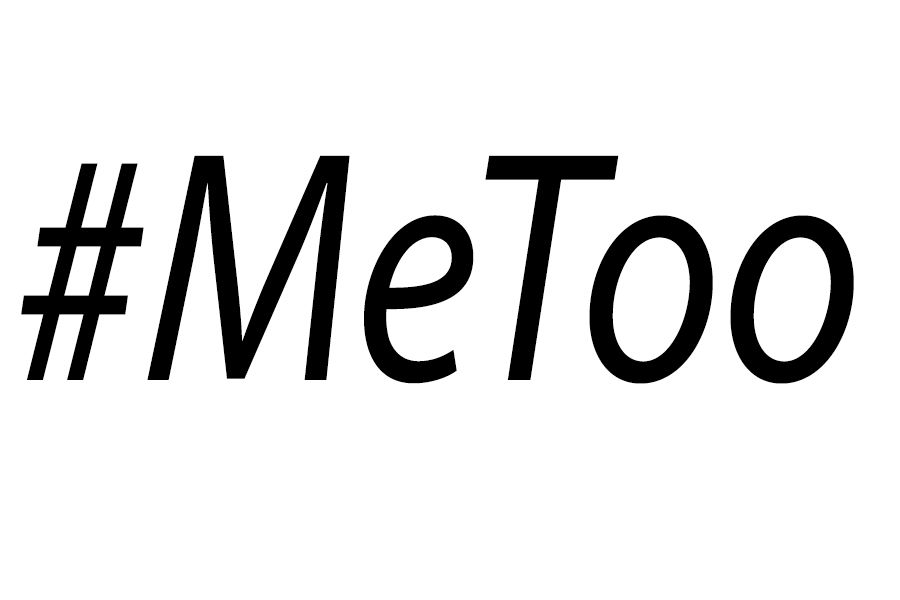Editorial: The next step for the #MeToo movement
March 20, 2018
The #MeToo movement has swept the country, giving women who have experienced sexual harassment of varying severity, from sexual comments to forcible rape, a voice. Women have felt empowered and relieved of shame and guilt that often affect victims of sexual abuse. The movement has generated much praise, along with criticism.
Some people argue it has gone too far or is too unforgiving of offenses that occurred many years ago. That particular issue arose recently with the awarding of an Academy Award to a documentary called “Dear Basketball” about the dreams of a young boy named Kobe Bryant. The film consists of animated pastel-type drawings and shows determination and persistence can lead to great success.
What the film doesn’t show is that in 2003 a Colorado hotel worker claimed Bryant raped her. The case was settled and did not go through public court hearings. Bryant said he thought the sex had been consensual. So, there was an admission of sex, but Bryant did not admit guilt.
What could Bryant do now to show he has grown into the idealistic person the film shows?
Bryant could have great impact if he were to admit he acted badly and abused his power. He could be a force for good if he were to talk to young boys about gender issues and the possible abuse of power. Speaking up for the role of men in general and the role of powerful men – either through wealth or fame – would be very effective.
The #MeToo movement lets women who have been silenced speak, and that speech can be very cathartic. But for change to happen, men and women need to examine our behavior, to think about it carefully and remember always to treat others as we want to be treated ourselves.
That isn’t always easy. People like Bryant carry great weight with the public and are role models for many young people.
The second act of the #MeToo movement cannot be left only to the victims, as they strive to free themselves of the psychological bonds of that victim identity.
Actions must change, and for that, we need men, who are usually the perpetrators, to become engaged in their own effort to learn and grow and become more humane.







